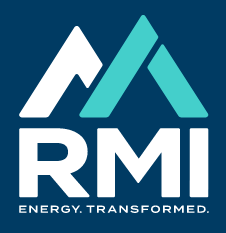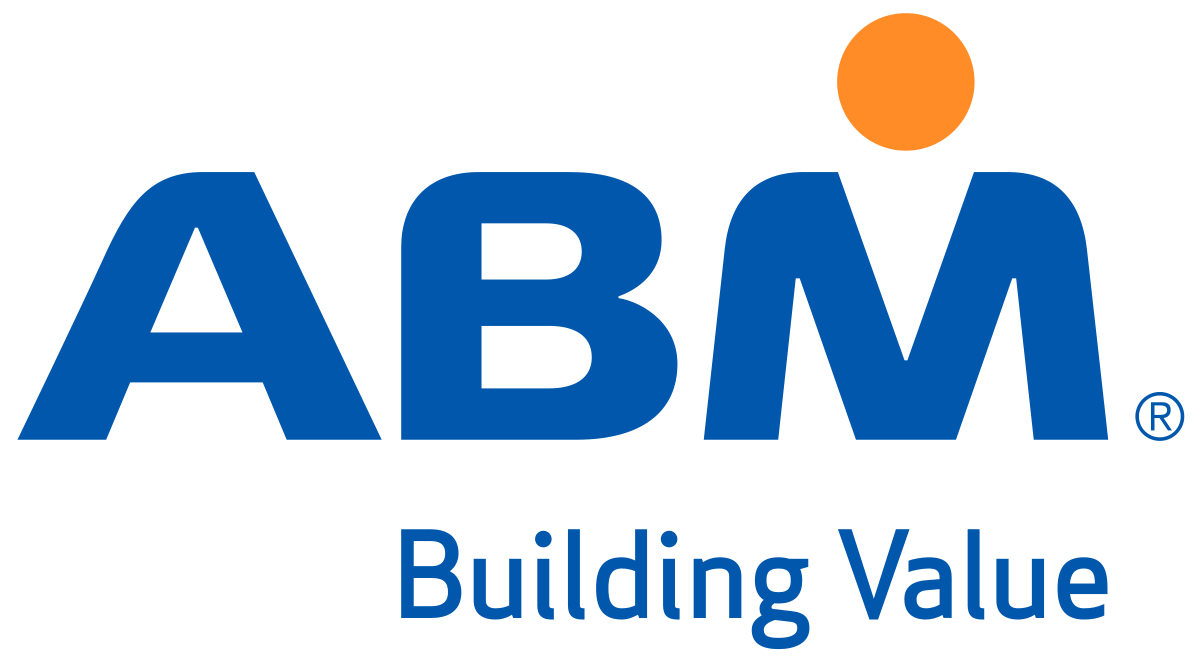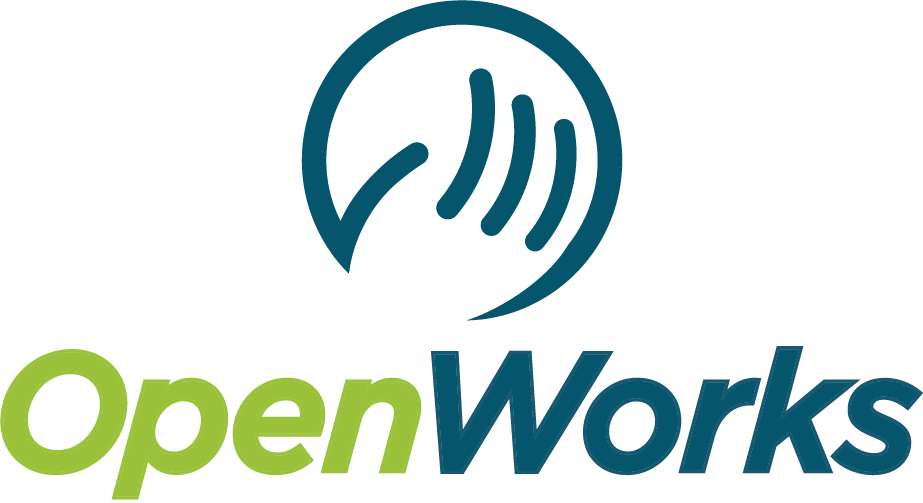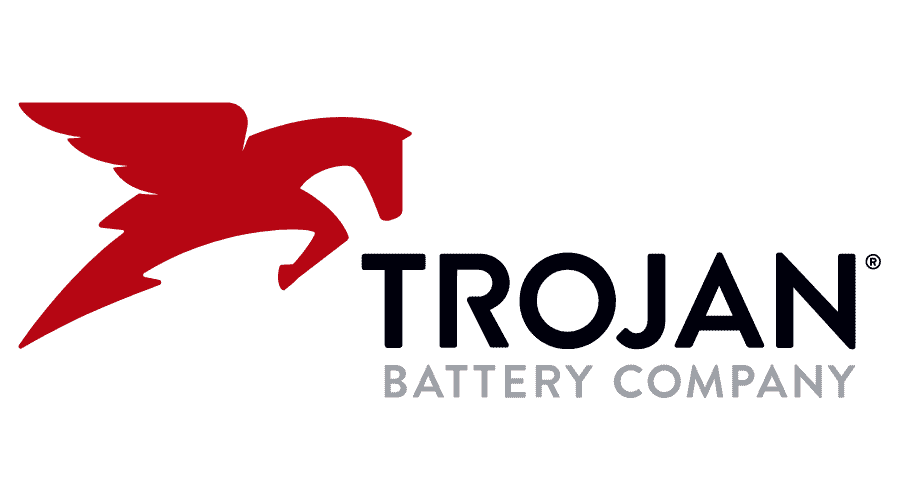by Brianna Crandall — December 8, 2021 — SINAI Technologies, a global decarbonization platform, and RMI, an  independent nonprofit organization that works to transform global energy systems, recently announced a research partnership to improve carbon tracking and measurement for Scope 3 emissions across industrial supply chains. The findings from this research will be open-sourced and available for participants in all industrial supply chains to adopt in 2022.
independent nonprofit organization that works to transform global energy systems, recently announced a research partnership to improve carbon tracking and measurement for Scope 3 emissions across industrial supply chains. The findings from this research will be open-sourced and available for participants in all industrial supply chains to adopt in 2022.
SINAI explains that Scope 1 GHG emissions come from a company or organization’s own sources (e.g., emissions from on-site industrial furnaces or tailpipe emissions from company vehicles). Scope 2 emissions are “indirect” emissions from the generation of electricity, steam, heat, or cooling purchased by the company or organization.
Scope 3 emissions — also known as value chain emissions — often represent the largest source of a company’s greenhouse gas (GHG) emissions and in some cases can account for up to 90 percent of its total carbon impact. Scope 3 emissions include “indirect” emissions from activities along the supply chain such as the extraction and production of purchased materials and fuels, transportation of goods by outside carriers, outsourced activities, and waste disposal.
If industrial companies are to decarbonize, they must reduce Scope 3 emissions, and accurately measuring those emissions is a necessary first step, says SINAI.
Maria Fujihara, CEO & co-founder, SINAI Technologies, stated:
Companies looking to quantify their Scope 3 emissions often face similar challenges: namely, there is a lack of consistent methodologies to calculate GHG emissions and limited granular product-specific data on GHG emissions. Limited exchange of emissions data between organizations exacerbates these issues. That’s why this partnership is important: together with RMI, we’re bringing transparency to carbon measurement at a time when more companies are taking net-zero pledges to enable them to build their own decarbonization pathways.
The research commenced immediately and will involve collecting primary data from three global industrial organizations including from mining, steel and automotive manufacturing companies. The partnership aims to deliver improved carbon measurement guidance for material supply chains by validating GHG protocols based on primary and product data, rather than industry averages.
Charles Cannon, manager, RMI, remarked:
Our partnership with SINAI will set the path toward driving direct industrial decarbonization. We’re excited at this opportunity to create more accurate and transparent carbon accounting, which will activate markets for commodities that are differentiated by their climate impact. This partnership will help us to ground RMI’s work on improved GHG accounting and attribution in a way that makes sense in a real-world context and is directly relevant to industry.
Earlier this year, RMI worked alongside the World Business Council for Sustainable Development (WBCSD) to launch the Carbon Transparency Partnership with the goal of enhancing Scope 3 data collection. This collaboration with SINAI will continue to drive full emissions transparency across industrial supply chains.
The results from this research will be open-sourced and available for public use in 2022.
SINAI Technologies is a software platform built to help organizations to build decarbonization strategies. The platform enables more intelligent carbon emission measurement, reporting, mitigation and scenario analysis for organizations using science-based methodologies.
RMI (Rocky Mountain Institute) helps transforms global energy systems through market-driven solutions to align with a 1.5°C future and secure a clean, prosperous, zero-carbon future for all. RMI works in the world’s most critical geographies and engages businesses, policymakers, communities, and NGOs to identify and scale energy system interventions that will cut greenhouse gas emissions at least 50 percent by 2030. RMI has offices in Basalt and Boulder, CO; New York City; Oakland, CA; Washington, DC; and Beijing.




